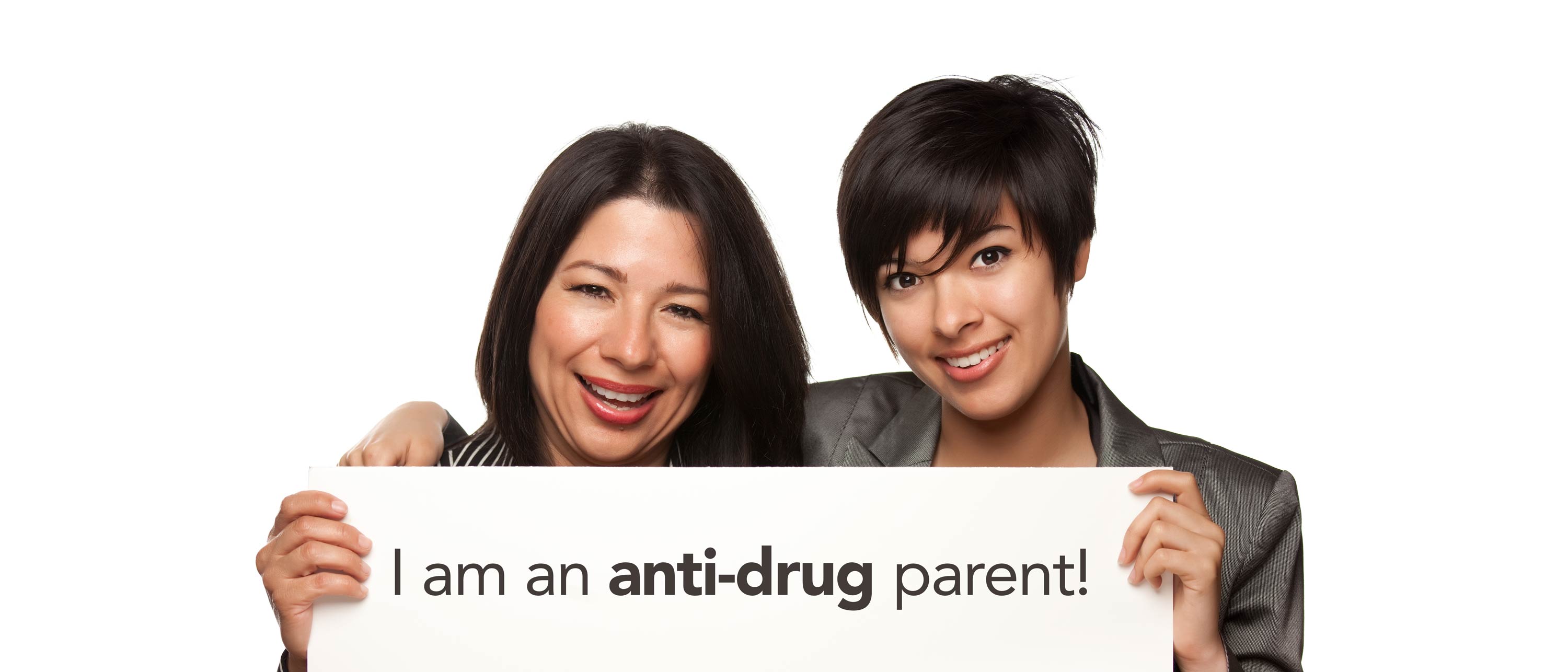
7 Facts for the Anti-Drug Parent
Becoming an anti-drug parent allows you to be an authority figure in your family. If you have a teen, or are trying to help a teen avoid alcohol and drug abuse, adopt these strategies. Integrating these 7 facts into your parenting makes it easier to align with your partner or spouse to become the anti-drug parent(s). It allows you to avoid wavering and lets your teen know that you are serious about your parenting and their health.
7 Facts for the Anti-Drug Parent
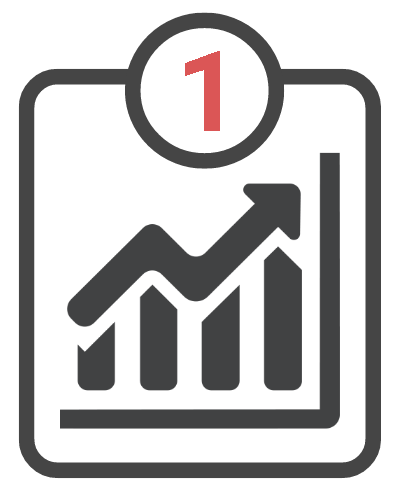 Today’s marijuana is much stronger than in the past.
Today’s marijuana is much stronger than in the past.
Marijuana in 1988 was 1.82% THC (this is the psychoactive ingredient in cannabis) in 1988. In 2016, you could purchase marijuana that is more than 22% THC and in DAB form (a synthesized form of marijuana), levels can reach over 90% THC. It is important not to minimize marijuana use. Marijuana is addictive for some users. Even use of one time per week (or less often) can lead to serious and harmful consequences.
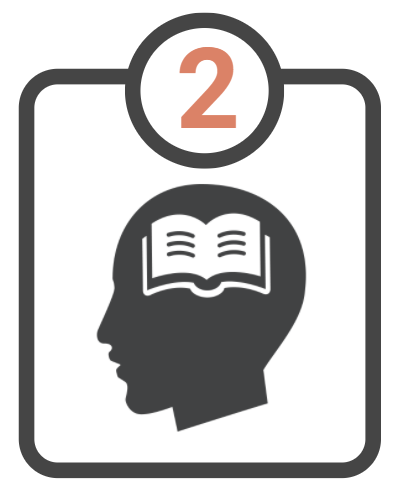 Sharing your substance use history doesn’t work to stop your child.
Sharing your substance use history doesn’t work to stop your child.
Your teen is likely to misinterpret your substance use experience. You’re their parent not a peer and you want them to see you as a healthy role model. She or he may not even believe you because they can’t imagine you as a teenager. Sharing stories about using or drinking with your adolescent ends your ability to parent on this topic.
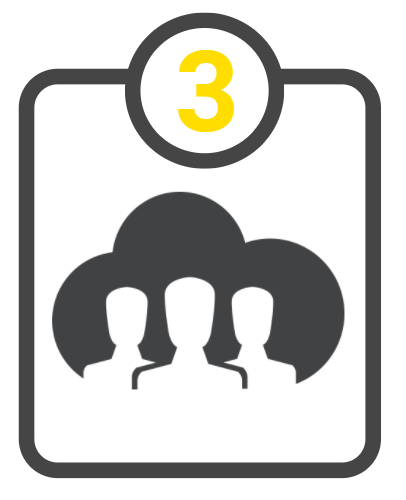 Your teenager will try to convince you their drug or alcohol use is harmless or that everyone is doing it.
Your teenager will try to convince you their drug or alcohol use is harmless or that everyone is doing it.
Teenagers read extensively about cannabis and other substances they sees as potentially ‘fun’. They often fail to read information about the teen-specific effects. Parents are uninformed about many substances or tacitly accept drug use they see as a right of passage. Don’t allow them to decide what’s normal, they don’t know!
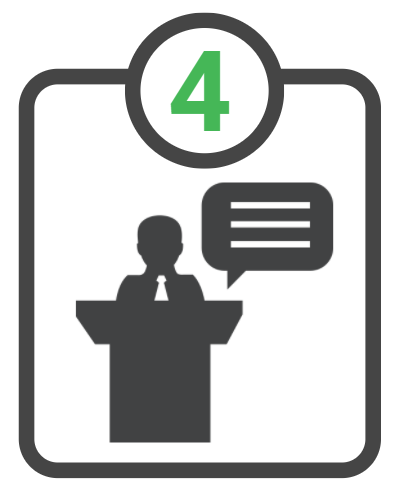 You must be crystal clear that you don’t want them using alcohol or drugs.
You must be crystal clear that you don’t want them using alcohol or drugs.
The literature is clear: the longer someone waits to experiment with tobacco, alcohol, marijuana or other drugs the less likely they are to have difficulties. Even if you expect them to experiment, avoid sharing that feeling.
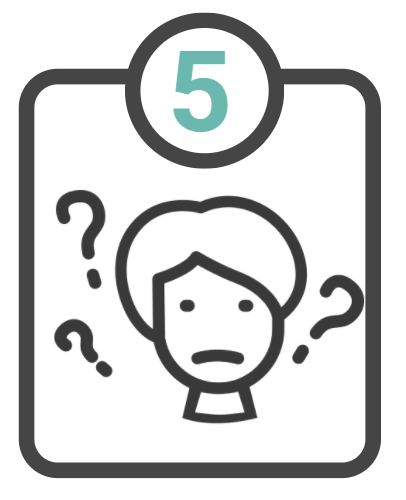 Parents are the people who are least likely to know the extent of their child’s substance use.
Parents are the people who are least likely to know the extent of their child’s substance use.
The old joke is: How do you know if your teen is lying to you? Their lips are moving! Your child thinks they know what’s best and they often fail to understand the potential consequences of their behaviors. Lies of omission or commission are a result of a desire to avoid conflict and keep their lives private. If you suspect any use, you may only be seeing the ‘tip of the iceberg’.
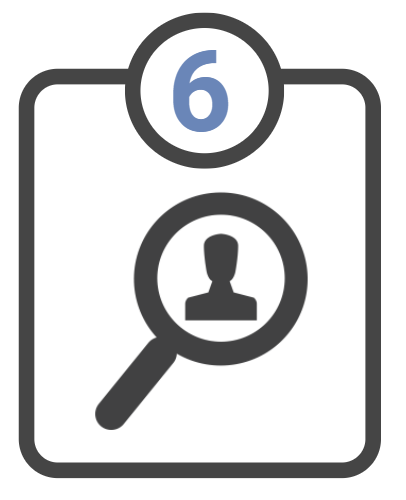 Your teenager has no ‘God given’ right to absolute privacy.
Your teenager has no ‘God given’ right to absolute privacy.
Giving your child too much privacy leads to many regrets. Knowing your child’s passwords, friends and whereabouts is not a privacy issue, it is a safety concern. The teenage brain is likely to misinterpret or minimize the risk of certain behaviors. Being actively involved in your child’s life and decisions help them avoid potentially costly mistakes.
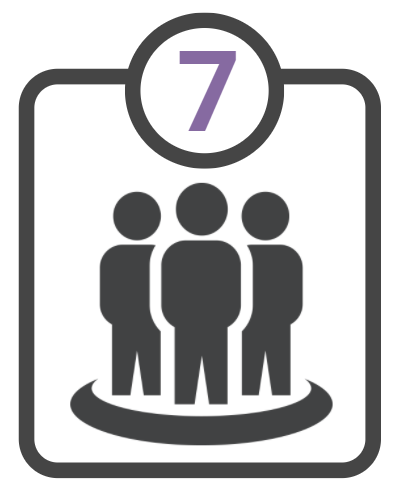 Establishing healthy boundaries with a teen will allow him or her to make better decisions as an adult.
Establishing healthy boundaries with a teen will allow him or her to make better decisions as an adult.
Your teen needs your guidance, not your friendship. A parent leads by acting not reacting. Create healthy boundaries and live by them in your personal life.
Be an Advocate for Your Child by Being an Anti-Drug Parent
One of the most effective ways of showing that you care is to stand up for your children and their health. This may mean getting them an assessment for substance use. If your child needs an assessment, or you suspect that substance use may be an issue for your child, call ASAP at 513-792-1272.